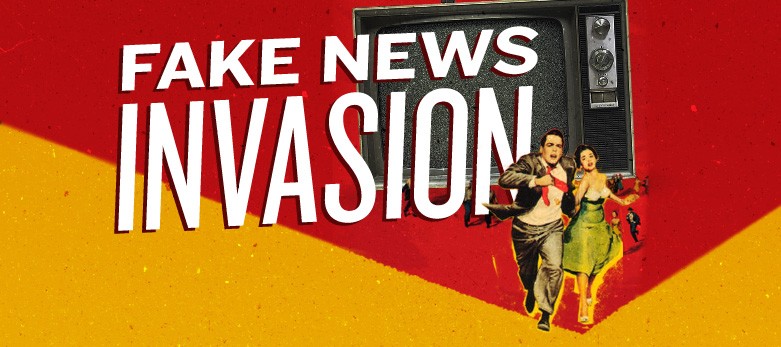
The Truth About Fake News
A media watchdog sent us this video of Wisconsin station WLUK passing off an AT&T advertisement as news.
It sounds crazy, but passing an infomercial off as a news story is legal as long as stations disclose the paid pieces at the end of the program.
But a lot of stations don’t even manage that: They air fake news without providing any kind of disclosure to viewers — a clear violation of FCC rules. And these rules are so weak that stations that do provide disclosure information can get away with text that is barely legible.
The Federal Communications Commission has proposed a massive improvement that would allow groups like us, and viewers like you, easy access to disclosure information. The proposal would require stations to list sponsored segments online in a publicly searchable database. That way you don’t have to catch the credits to find out who paid for that fluff piece on the “hottest cars of 2012” — you can look it up later. And if your station is airing advertising without disclosing it, you’ll be able to prove it.
The rule would also be a boon for consumer watchdog organizations because so many of these cases deal with hucksters and public relations pros promoting products: toys, cleaning supplies, etc. Better rules would help us track down and expose the companies pushing these products in our local newscasts — and the media companies that allow this practice to occur. Imagine if we could cross-reference Consumer Union’s toy safety reports with the companies that push toys via news segments.
Free Press and our allies have been tracking fake news for years, and filed nearly 140 complaints against stations back in 2006 and 2007. Our complaints included video clips, but because the FCC moves slowly, stations had disposed of the video segments before the FCC requested them and the clips could not be independently verified. With online disclosure, verifying our claims would be as simple as performing a quick online search.
It seems like common sense, but the rule is not a sure thing. Broadcasters have plenty of motivation to fight the proposal, and unless the FCC hears from the public, it just might quash this crucial public protection for good. The agency is taking public comments until January 6, 2012. Tell the FCC the public deserves to know if they’re watching news or advertisements.
The video in this post originally appeared at http://stopthecap.com/.